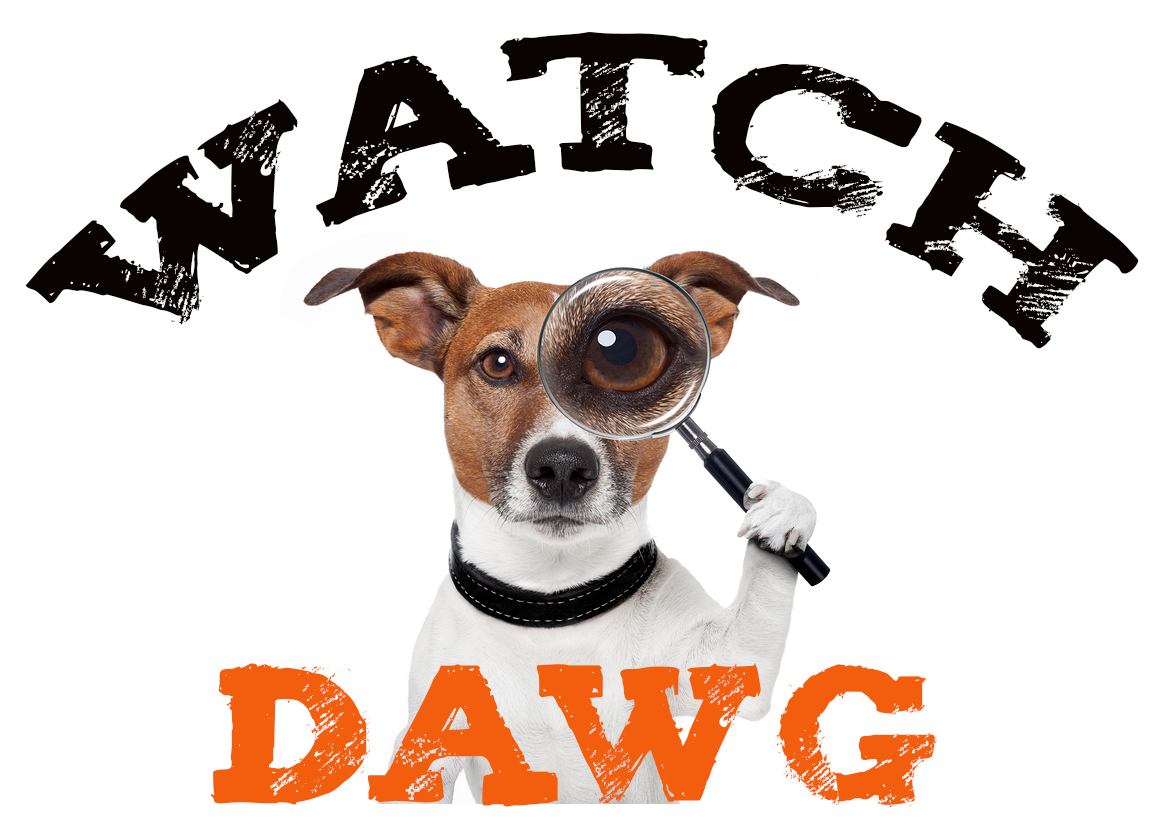I like good research. I like government transparency. I like democratic engagement. I like access to information. So I’m pretty fond of Elections Canada most days.
The independent parliamentary agency does more than show up every four years to set up the ballot box in my local school gym.
Elections Canada has historically played a larger role through research, public education and providing the mechanisms for political transparency and accountability. This includes putting out a feast of data for information-hungry journalists and members of the public.
You get a sense of the full scope of their work when you visit Elections Canada online. The Newsroom has your at-a-glance info and copies of public statements, and a list-serv you can sign up for. But you’re cheating yourself if you stop at the designated media portal – there’s more.
A tour of the online Resource Centre includes everything from a history of voting in Canada to a report on the robocalls inquiry.
In the realm of voter participation there are several research reports – for example an in depth study on voters with disabilities – and, for those in a hurry, shorter notes on population groups such as seniors. As well, emerging policy options are analysed in studies such as Establishing a Legal Framework for E-Voting.
Raw data fans (I’m one!) can crunch their own numbers. A click of the mouse downloads raw voter participation data to your desktop in the form of Excel spreadsheets. Now you have all the info you need to create your own comparisons and spot trends.
Candidates’ financial information – how much they spent, who donated – is fully available for public scrutiny, and again you can generate downloadable spreadsheets to help track donors and trends. Poll-by-poll results back to 1997 are another major resource for viewing and downloading.
Another major role of Elections Canada is providing recommendations to government on topics such as Preventing Deceptive Communications with Electors.
There are no other public bodies I’m aware of that have the mandate, resources and expertise to tackle such issues on behalf of the public. It may be one reason Elections Canada seems to be walking around with a target on its back in recent years.
It doesn’t just take intentional legislation to diminish the value of a public body. You can also whittle away the edges through under-funding and lack of acknowledgement of core duties.
I’m hoping Elections Canada hangs in there, because democracy is about so much more than casting ballots. The level and quality of information provided to journalists and the public is just as essential as getting out the vote.

 Sask Consultant Watch
Sask Consultant Watch Under-Reported Stories
Under-Reported Stories
